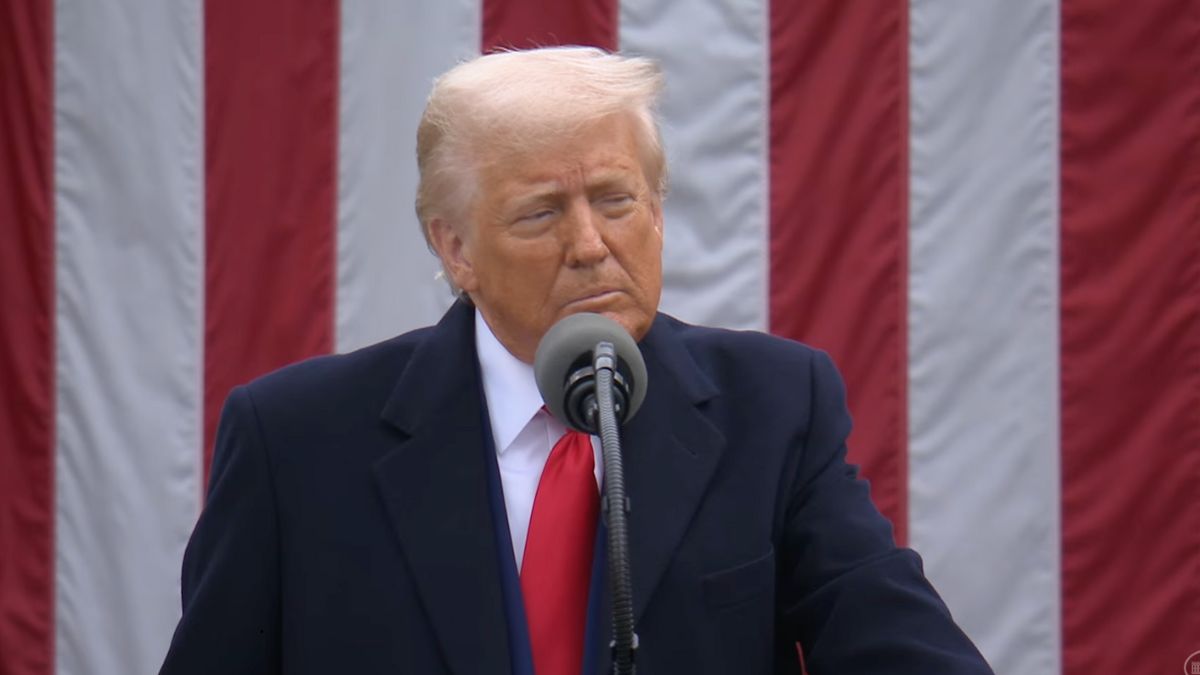U.S. President Donald Trump signed an executive order on Friday granting tariff exemptions for certain imports from trade partners that strike reciprocal agreements with the United States. The exemptions will take effect from 12:01 a.m. EDT (0401 GMT) on Monday.
Scope of the order
The new directive identifies more than 45 categories of goods eligible for zero import tariffs, including nickel, gold, graphite, pharmaceutical compounds, chemicals, and agricultural products. These exemptions apply to countries that finalize framework pacts with the U.S. aimed at cutting Trump’s reciprocal tariffs and duties imposed under the Section 232 national security statute.
Friday’s move brings U.S. tariffs in line with existing framework deals already struck with allies like Japan and the European Union, while also signaling openness to similar pacts with other partners.
Items covered
The zero-tariff list covers imports that cannot be sufficiently grown, mined, or produced within the U.S., including:
-
Nickel and graphite (key inputs for stainless steel and electric vehicle batteries)
-
Gold (powders, leaf, and bullion, notably from Switzerland)
-
Pharmaceutical compounds such as lidocaine and reagents used in diagnostic tests
-
Neodymium magnets, LEDs, and select agricultural products
At the same time, the order removes previous tariff exemptions on certain plastics and polysilicon, a key component for solar panels.
White House view
Trump said his willingness to reduce tariffs depends on “the scope and economic value of a trading partner’s commitments to the United States in its agreement on reciprocal trade” and on U.S. national interests.
A White House official noted that the order gives agencies like the U.S. Trade Representative, Commerce Department, and Customs authority to waive tariffs under reciprocal trade deals without requiring a new executive order.
Context
The order marks the latest step in Trump’s strategy to reorder the global trading system, cut U.S. trade deficits, and extract concessions from trading partners. Having spent his first seven months in office raising tariffs, this move carves out incentives for allies to strike deals while maintaining pressure on countries yet to align.


